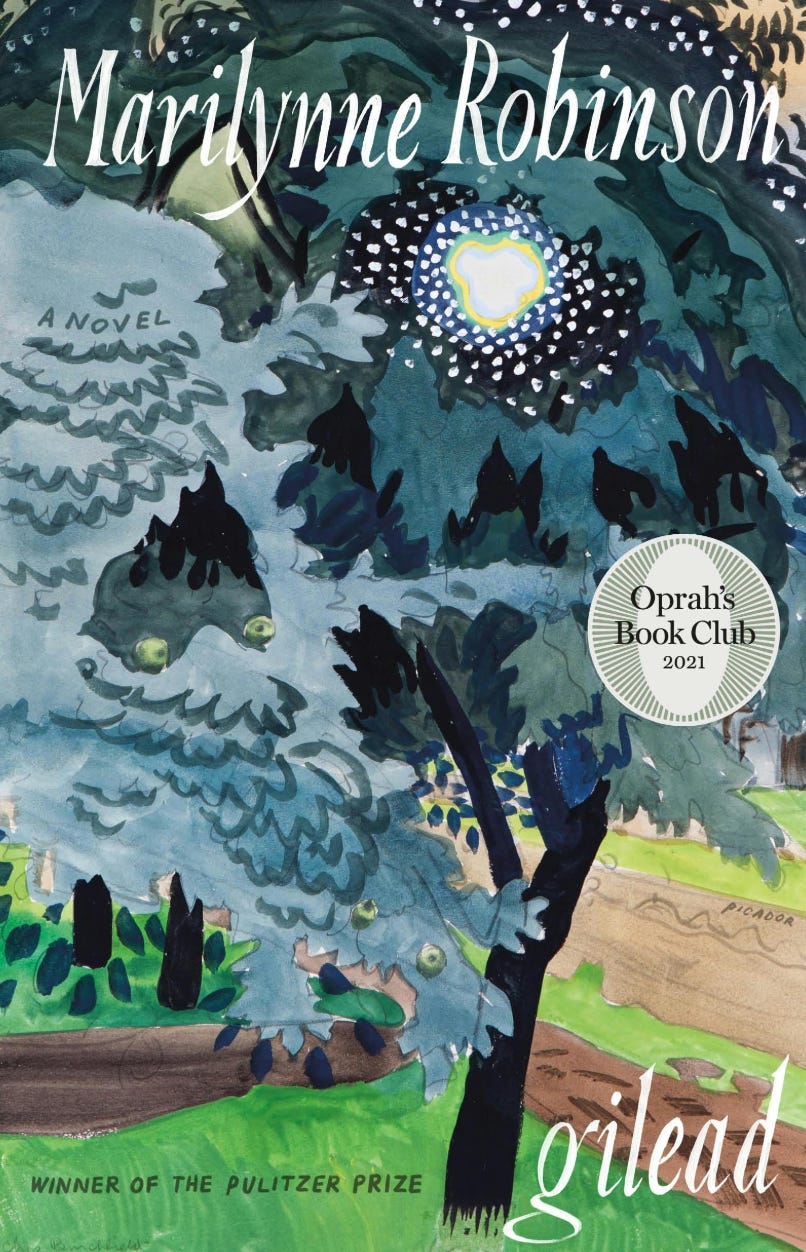Marilynne Robinson's Beautiful Quartet: Religion made Flesh
What is religion? What does it mean to practice it deeply and authentically?
Forgive my use of “authentically”— it’s a complicated concept — but it feels right to use it here in its most common sense, that feeling we get when we’re with the truth of something. Kierkegaard, when he was walking around Copenhagen, thought most of the Christians he spoke to…
Keep reading with a 7-day free trial
Subscribe to Fire Philosophy: Nietzsche, Zen, and How to Live to keep reading this post and get 7 days of free access to the full post archives.




